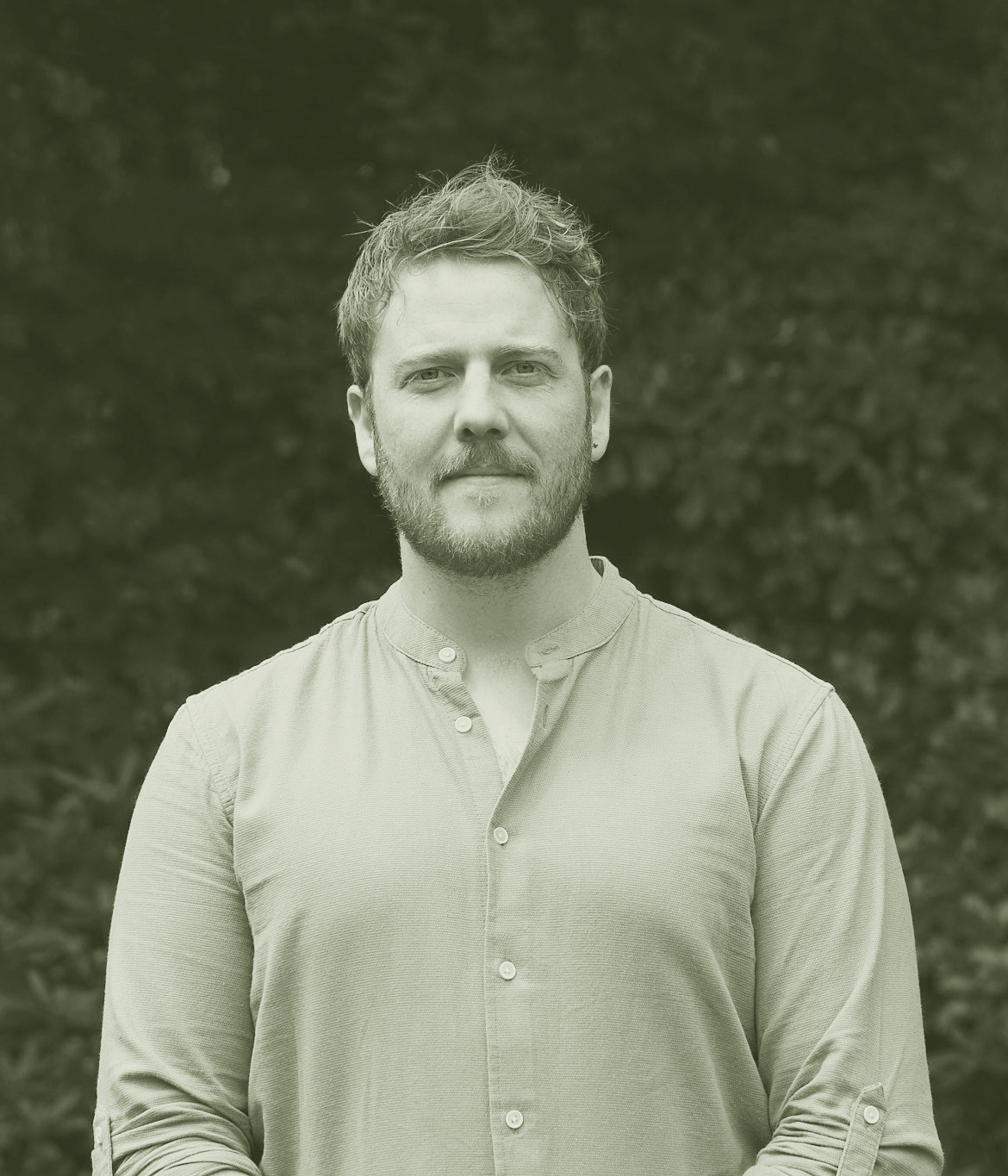What do we offer?
01
Site analysis and feasibility studies
02
Concept design
03
Planning applications
04
Building regulations packages and applications
05
Tender drawings and construction support
06
Research projects
Whatever project you have in mind, please get in touch.
The development of ayu and its work is guided by three core principles:


Who is ayu?
ayu is led by Dave Baldock and Rianne Houghton.
Dave is an architect with experience in project delivery in both public and private sectors, along with teaching experience at Birmingham City University. He holds an MArch from Birmingham City University and a BA from Central Saint Martins, London. His MArch thesis was nominated for the inaugural AJ Student Award, and since then he has been involved in various architectural delineation competitions and journal entries.
Rianne is a postgraduate researcher in the School of Social Policy at the University of Birmingham. Using Interpretative Phenomenological Analysis, her research explores the impact of domestic violence and abuse on women’s relationships with the ‘home’ – and how the ways in which we navigate and interact with public and private space contribute to our identities.

